Things To Not Do After Diving On Maui
As a certified diver, you likely know air travel too soon after a scuba dive poses a serious risk of decompression sickness (DCS). But did you know there are many other activities you should not do directly after diving?

As a basis for some of the other cautions, let’s first review the rules regarding flying after diving. Your PADI® Open Water Diver course taught that it is important to wait 12-18 hours after diving before traveling on an airplane. However, this interval can vary depending on a few factors, such as how many dives you made.
The Divers Alert Network (DAN) has widely accepted guidelines for travel to altitudes of 2,000 to 8,000 feet. Note that these parameters are for divers who do not already have symptoms of decompression sickness.
• For a single no-decompression dive, a minimum preflight surface interval of 12 hours is suggested.
• For multiple dives per day or multiple days of diving, a minimum preflight surface interval of 18 hours is suggested.
• For dives requiring decompression stops, there is little evidence on which to base a recommendation and a preflight surface interval substantially longer than 18 hours appears prudent.
DAN also suggests erring on the side of safety, and plan a 24-hour surface interval. On Maui, this is no problem since there is an abundance of sunshine, miles of white sand beach and places to explore on the island. However, even some land-based activities pose serious risk. We want you to have the best holiday on Maui possible, so please review these other activities divers should avoid after diving.
Maui Activities to Avoid After Diving
Driving to the summit of Haleakala – Driving to the top of a 10,000 foot volcano to should definitely be done, but not right after diving. It is the equivalent to flying in an airplane, as cabin pressure in an average commercial jet is equivalent to being at 6000–8000 feet above sea level.
Ziplining – Ziplining as an activity poses no problem diving. The concern is the altitude at which the activity occurs, which often is on the side of a mountain. Make sure your ziplining adventure is below 2,000 feet, choose another vendor that is, or wait until the appropriate interval has passed.

Deep Tissue Massage – Mmm… a nice spa day sounds wonderful, and Maui has some of the best around. Just don’t go for the deep tissue massage after diving. However, a gentle relaxation massage is fine. What’s the difference?
A deep tissue rub increases blood flow and could lead to bubble formation. Also, a hard-working, deep massage may cause muscle soreness and hide symptoms of decompression sickness.
Relaxing in a hot tub – Your hotel or condo likely has a hot tub, which is inviting after a day diving. However, when your body warms up in the tub and circulation improves, there is an increased chance of bubbles forming. Here is how DAN explains it:
“Since the solubility of gas is inversely related to temperature, tissues will hold less in solution as they warm. Warming tissue with significant loads can promote bubble formation. Since the warming of the superficial tissues precedes the increase in blood flow, such bubbles can become problematic before the circulation can remove them harmlessly.”
Intense Partying – Hey, we know, you’re on Maui time, and the Mai Tai’s are fab-u-lous! But drinking to excess can cause dehydration which can hide or delay a diagnosis of DCS. You can indulge, but drink plenty of water first, then drink only moderately after diving.
Freediving– The sport of freediving is popular in the islands. However, experts recommend that freedivers follow the same guidelines for flying and other high altitude activities after diving. So while you can freedive after scuba diving, a day spent freediving cannot count toward your surface interval, and you need to take a break before going to altitude.

There have been at least 90 recorded cases of DCS following repetitive breath-hold dives, according to the (US) National Institute of Health (NIH). Since there is insufficient data about flying after freediving, its again best to err on the side of caution and wait 18 to 24 hours after making deep freedives before getting on a plane.
Have a great time diving on Maui, and remember to take good care of yourself after the dive too!

